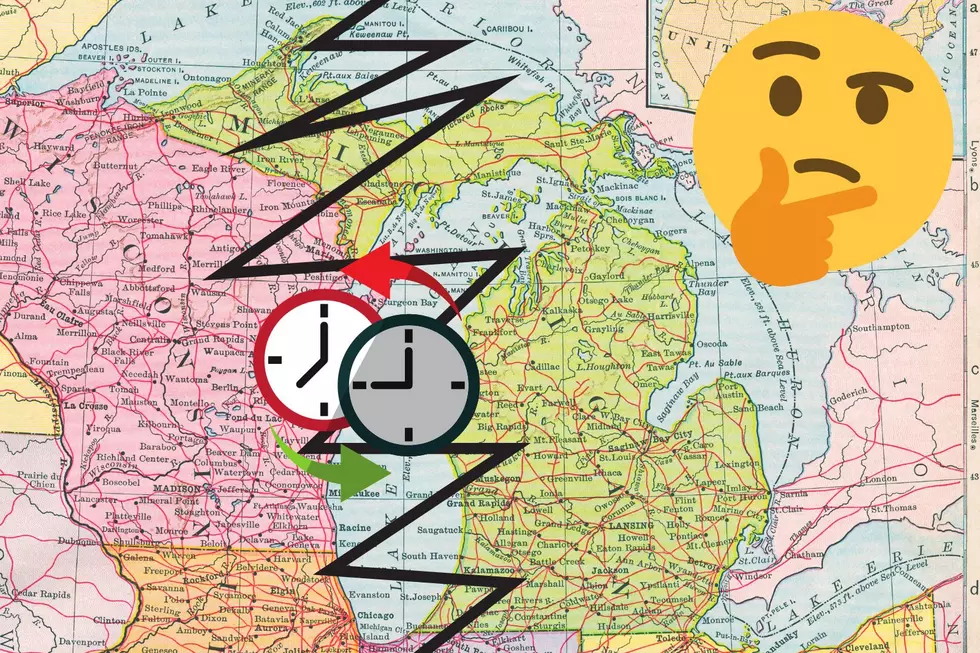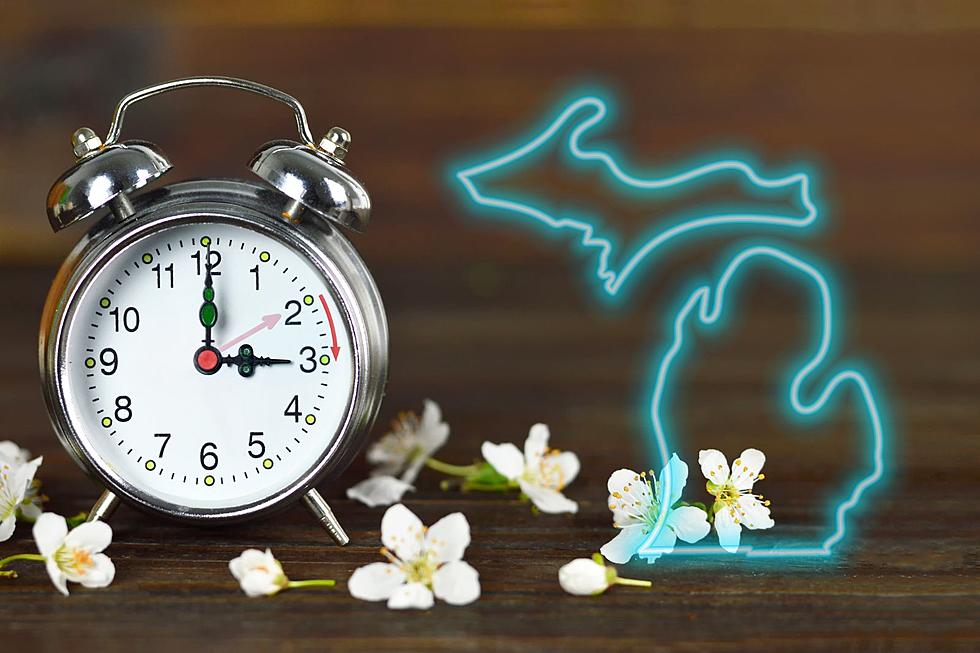
Tips To Help With Daylight Saving Time
Daylight saving time is this Sunday, November 1st. That means that we’re going to be getting an extra hour of sleep this weekend. This time change is a little bit easier than the spring time change, where we lose an hour. Today reports, people have a greater risk of a heart attack and stroke losing an hour of sleep in the spring.
You’re probably wondering why we bother changing the clocks if there’s health risks. The main reason is because it gets darker earlier in the winter and changing the clocks back means we get a little extra sunlight during the day. How can you prepare your body for the time change? Here's a couple tips..
Change Your Sleep Routine
Start preparing this week by going to bed and waking up a little earlier. Even if it's just 15-20 minutes, it could help! It might make the hour difference a little less harsh. If you're looking for other sleeping habits that might help with a better night sleep, try blue-light glasses or these tips.
Don't Nap
It's really easy to want to nap when you lose or gain an hour of sleep. As much as I love napping, it can make you sluggish. I learned this when I went from waking up at 8 AM to waking up at 4 AM. Naturally, I wanted to nap when I got home. But when I did, I was either more tired or had a harder time falling asleep at night.
Drink Less Caffeine
I know, this one can be difficult, especially when you're exhausted and need an extra pick me up. But caffeine can cause you to lose sleep. Sleep Education says, "Caffeine can delay the timing of your body clock." So as much as you may want that extra cup of coffee or energy drink, science says it's best to avoid it.

MORE: Problems That Can Be Caused By Sleep Deprivation
More From 100.7 WITL









